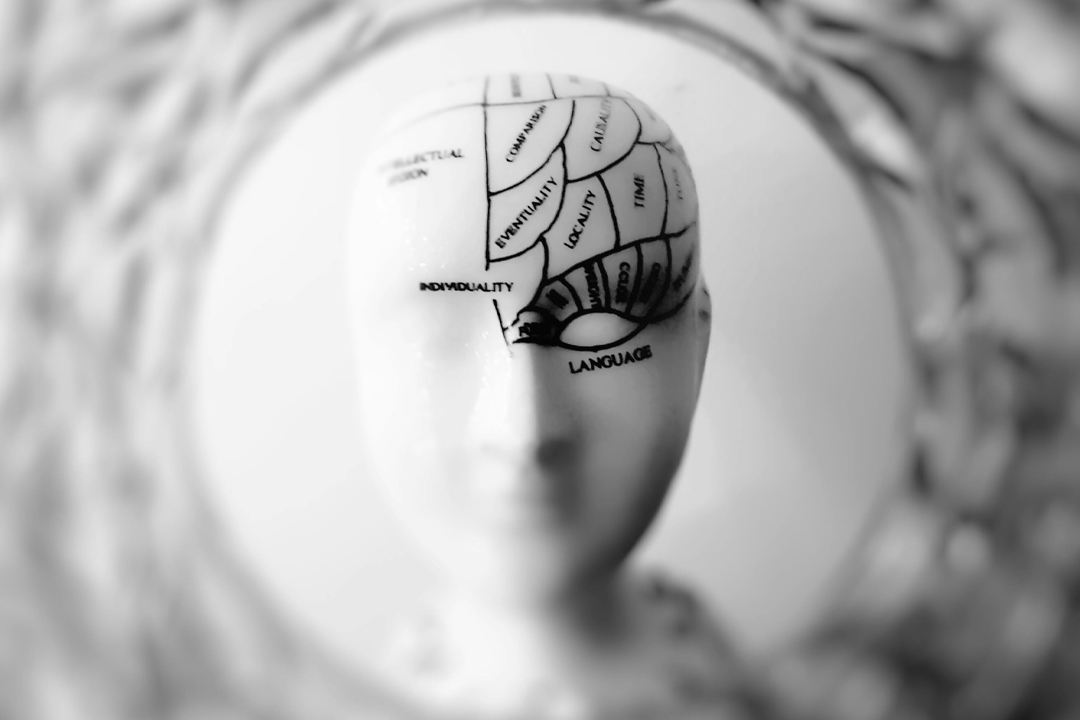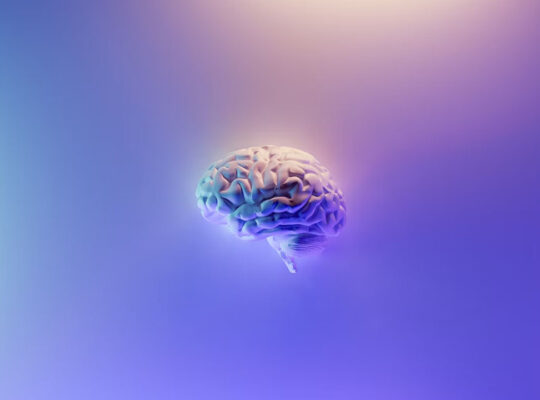Introduction:
In the fast paced interconnected world we live in the pursuit of health and wellness has become more crucial than ever. The holistic approach to well being encompassing both physical and mental health has gained prominence as individuals recognize the profound impact of a balanced lifestyle on overall quality of life. In this article we delve into the dimensions of health and wellness exploring practices challenges and the transformative power of adopting a mindful and proactive approach to self-care.
Understanding Health and Wellness:
Health and wellness extend beyond the absence of illness they encompass a state of complete physical mental and social well being. Achieving optimal health involves making conscious choices that contribute to the prevention of diseases the enhancement of physical fitness and the cultivation of mental resilience. Wellness on the other hand encompasses the pursuit of activities choices and lifestyles that lead to a state of holistic health.
Physical Well-Being:
Physical health is the cornerstone of overall wellness. Regular exercise a balanced diet and sufficient sleep are fundamental pillars of maintaining and enhancing physical well being. Exercise not only contributes to cardiovascular health and muscular strength but also releases endorphins promoting mental well being.
The importance of nutrition in health cannot be overstated. A well balanced diet rich in fruits vegetables whole grains and lean proteins provides the body with essential nutrients fuels energy and supports optimal organ function. Hydration is equally vital playing a key role in maintaining bodily functions and promoting skin health.
Mental Health and Emotional Balance:
In the complex tapestry of health and wellness mental well being is of paramount importance. The stresses of modern life coupled with societal expectations and personal challenges underscore the need for proactive mental health care. Practices such as mindfulness meditation and stress management techniques contribute to emotional balance and mental resilience.
Addressing mental health involves destigmatizing conversations around it fostering open dialogue and recognizing the importance of seeking professional support when needed. Incorporating mindfulness practices into daily routines such as meditation or deep breathing exercises can significantly impact stress levels and contribute to emotional well being.
The Role of Sleep:
Quality sleep is a foundational element of health and wellness. In our busy lives, it’s easy to underestimate the importance of adequate and restful sleep. Sleep plays a crucial role in physical recovery, cognitive function, and emotional regulation. Establishing healthy sleep hygiene practices, such as maintaining a consistent sleep schedule and creating a relaxing bedtime routine, can significantly contribute to overall well-being.
Balancing Work and Life:
The demands of a modern, interconnected world can lead to an imbalance between professional and personal life, often at the expense of health and wellness. Achieving a healthy work-life balance is essential for preventing burnout and maintaining overall well-being. Prioritizing time for leisure, hobbies, and social connections helps foster a sense of fulfillment and reduces stress.
Employers, too, play a crucial role in promoting the well-being of their workforce. Corporate wellness programs, flexible work arrangements, and initiatives that prioritize mental health contribute to a more supportive work environment.
Challenges in the Digital Age:
While technology has brought unprecedented convenience and connectivity, it also presents challenges to health and wellness. Excessive screen time, sedentary lifestyles, and the constant barrage of information can contribute to physical and mental health issues. Striking a balance between leveraging technology for productivity and unplugging for personal well-being is crucial.
Holistic Approaches to Wellness:
Holistic wellness embraces a comprehensive approach to health, recognizing the interconnectedness of mind, body, and spirit. Practices such as yoga, acupuncture, and holistic nutrition acknowledge the synergy between physical and mental well-being. Integrative medicine, which combines conventional medical practices with complementary therapies, offers a holistic approach to health that considers the individual as a whole.
Community and Social Connection:
Social connections and a sense of community contribute significantly to well-being. Building and maintaining meaningful relationships provide emotional support, reduce feelings of isolation, and contribute to mental and emotional resilience. Engaging in community activities, volunteering, and fostering connections with others contribute to a sense of belonging and purpose.
Conclusion:
In the intricate dance of modern life, health and wellness emerge as guiding principles for navigating challenges and embracing a fulfilling existence. The pursuit of well-being is not a one-size-fits-all endeavor; it requires a personalized, holistic approach that considers the unique needs of each individual. By prioritizing physical health, nurturing mental well-being, and fostering social connections, individuals can create a foundation for a balanced and harmonious life. As we navigate the complexities of the modern world, the journey toward health and wellness becomes a transformative and empowering odyssey, enriching every facet of our lives.













